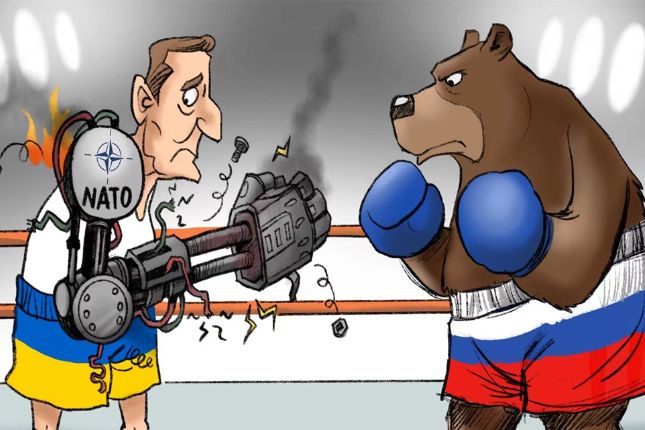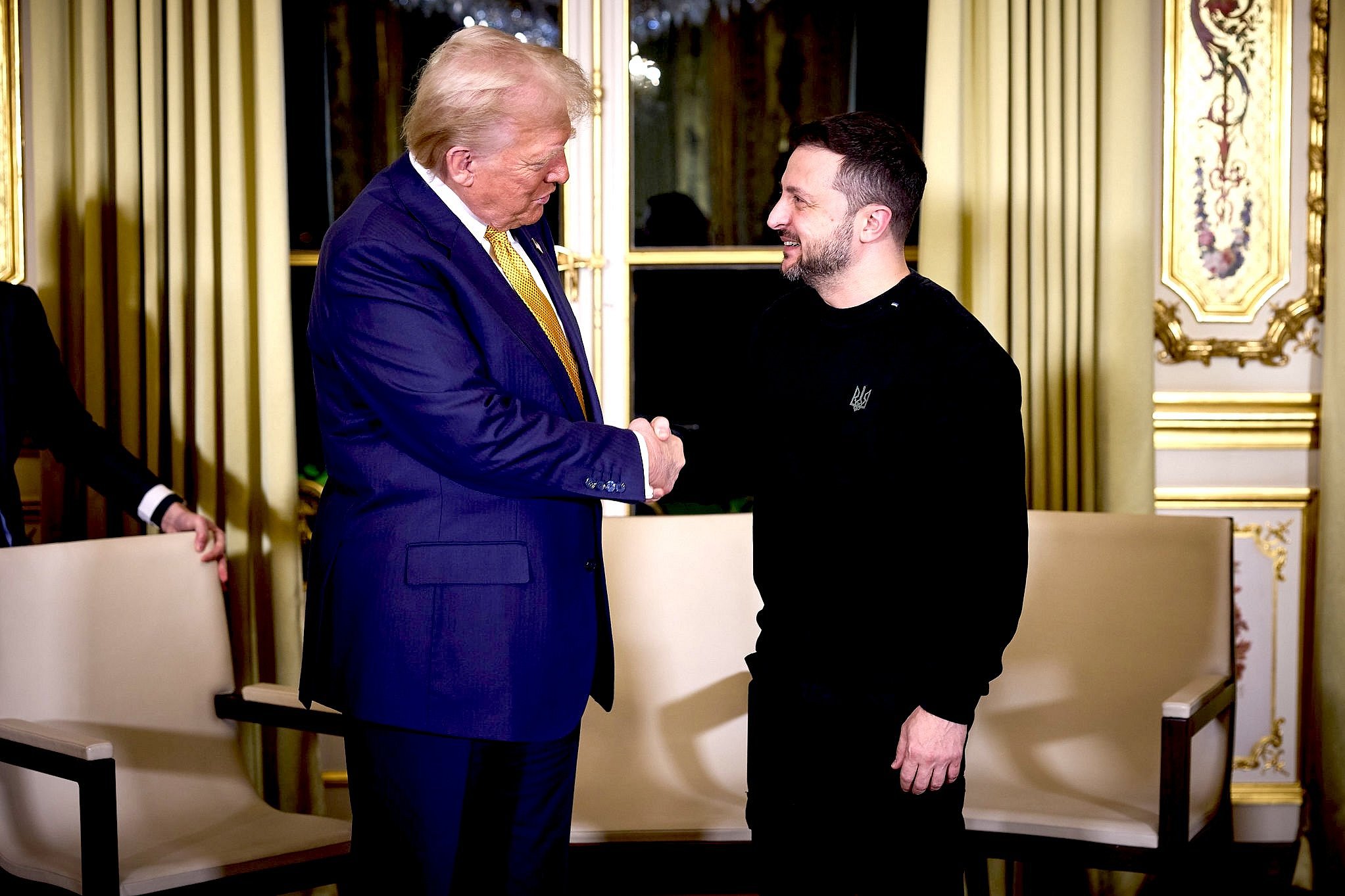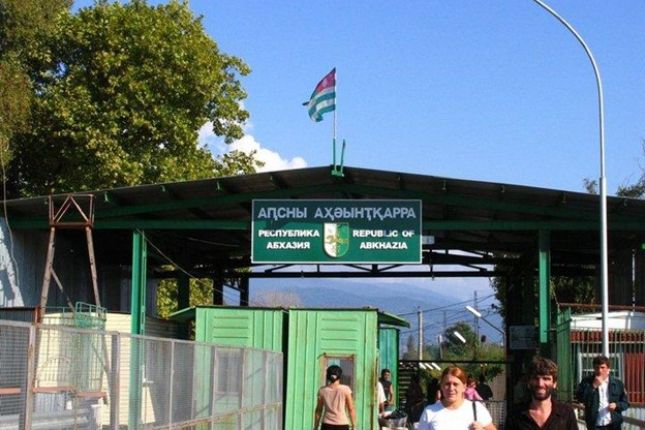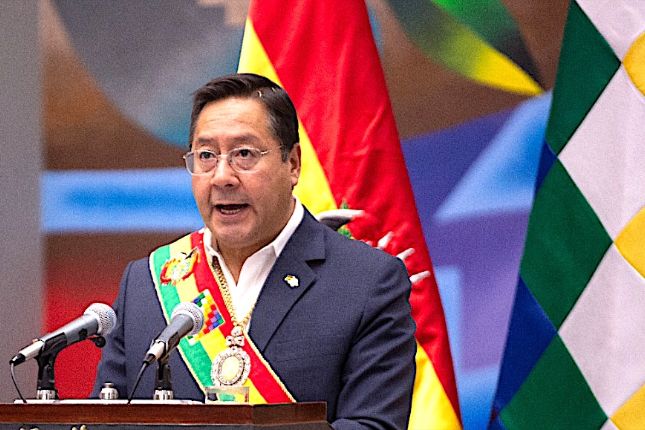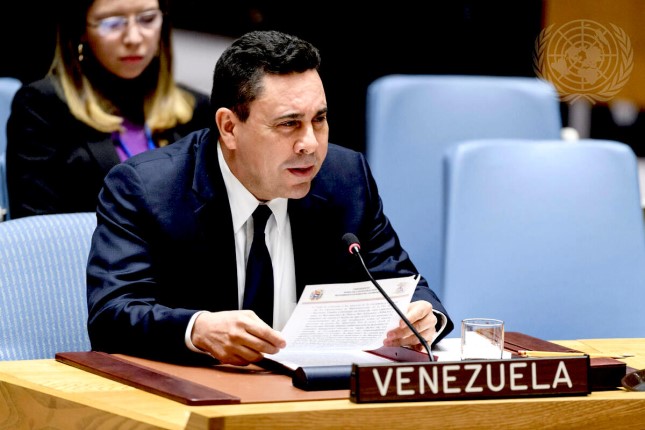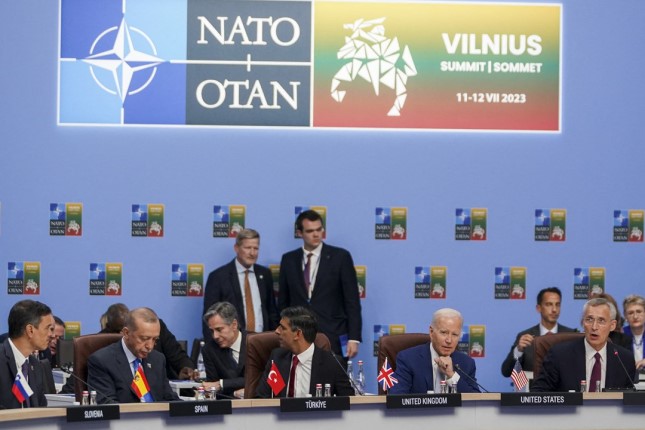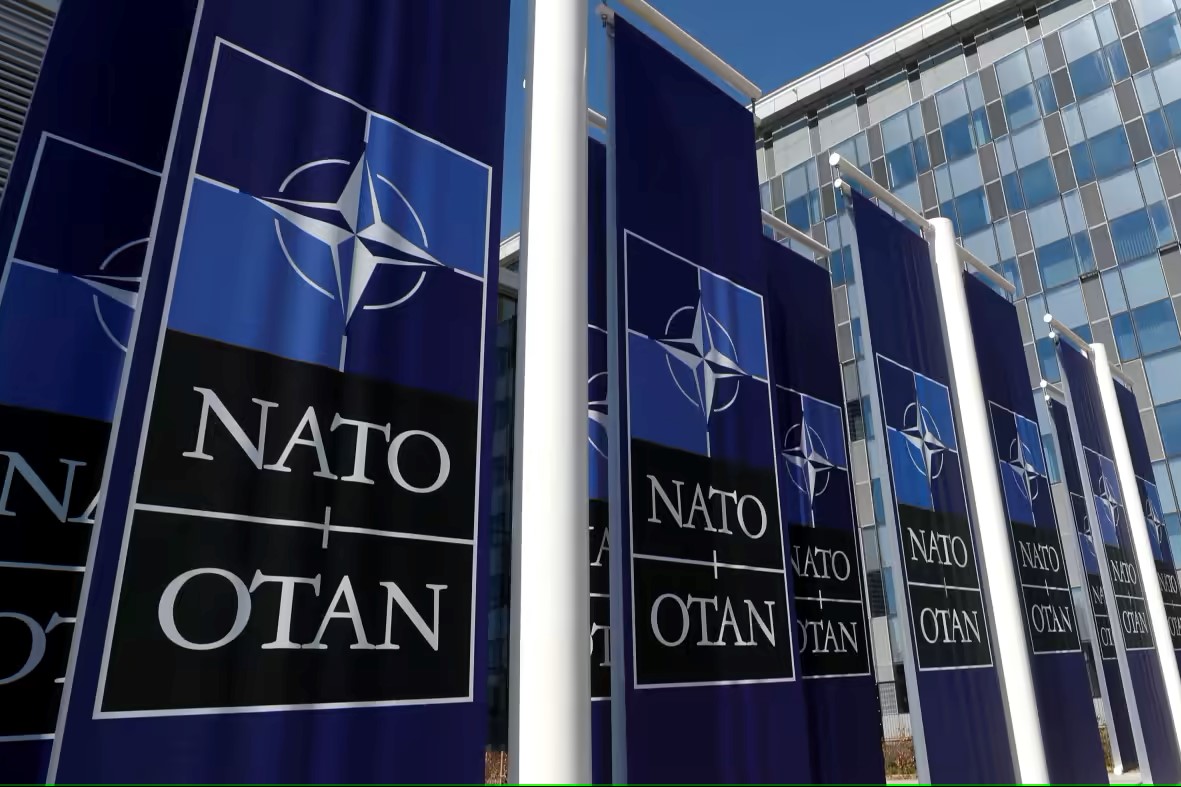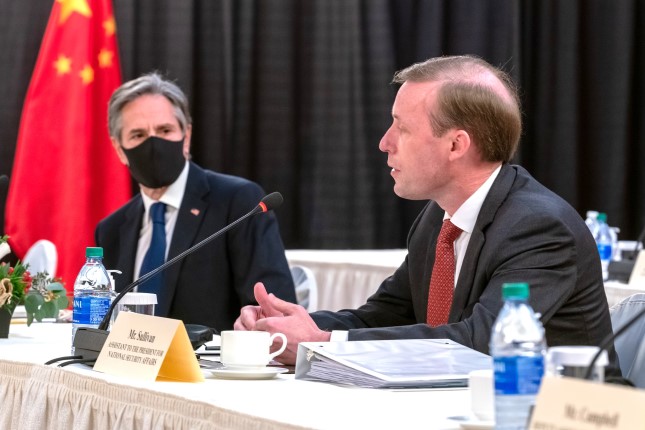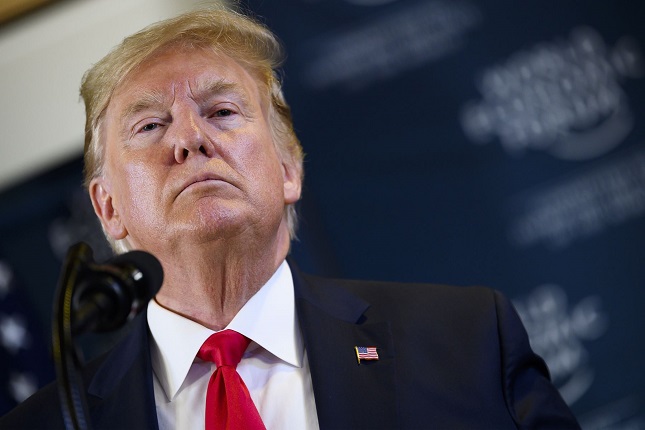Against the backdrop of right-wing politicians gaining more influence in Europe, Blinken's remarks may spark more controversy or even draw fierce backlashes, observers noted.
Speaking at the Brookings Institution, a Washington-based think tank, Blinken said on Monday that China was helping fuel "the biggest security threat… since the end of the Cold War" for Europe, while stressing such a threat is "echoed by China's neighbors in Asia," media reported.
Mirroring Blinken, NATO Secretary General Jens Stoltenberg accused China of inciting the largest military conflict in Europe since World War II, claiming that Russia is producing missiles and drones with the support of advanced technology imported from China.
Chinese Foreign Ministry spokesperson Mao Ning slammed the smears at Tuesday's regular press briefing. "I'm not sure what exactly he meant by NATO's values. But if the values are to draw lines based on ideology and to create conflicts, stoke confrontation and escalate tensions along those lines, then China indeed cannot agree with it," Mao said.
The reality is, it is NATO that has been challenging China, interfering in China's domestic affairs, misrepresenting and vilifying our domestic and foreign policies and seriously challenging China's interests and security, she noted.
Regarding the Ukraine crisis, Mao reiterated that China has been committed to promoting talks for peace and finding a political solution to the crisis. NATO needs to see the root cause of the crisis and take a hard look at what kind of role it has played for the peace of Europe and the world, rather than divert the attention and blame it all on others.
"It shows just how anxious US politicians are to instigate and see chaos around the world," said Li Haidong, a professor at the China Foreign Affairs University. "Blinken's remarks aim to create divisions between China and Europe, as well as between Russia and Europe, in order to assert US dominance, demonstrate American hegemony, and keep Europe in a subordinate position," he said.
Another intention is to prompt his European allies to accelerate their investment of resources and capabilities in the direction set by the US to engage in a geopolitical competition with China and create a mini-NATO in the Indo-Pacific, Li said.
The US is trying to slow China's development by complicating its internal and external environment, so that it would remain in the No.1 position, which is not only shortsighted and irresponsible, it ultimately hurts US' own interests, the expert added.
During his speech on Monday, Blinken made a particular mention that its partners in Europe "see challenges halfway around the world in Asia as being relevant to them," pointing to a joint statement by NATO and Japanese Prime Minister Fumio Kishida last year that said in the wake of the Ukraine crisis, "what happens in Europe could happen in Asia tomorrow," according to an official release by the US State Department.
Experts said the remarks reveal Washington's desire of inciting "another Ukraine crisis" in Asia, as for the US, world peace and stability do not align with its hegemonic aspirations. Only when the world is in turmoil can the US maintain its dominant position.
"It's too obvious," Li said, adding that the vast majority of Asian and European countries can see right through this evil scheme. Additionally, with the rise of right-wing nationalists in Europe, Blinken's statement may not be as well-received as he would hope, and could spark more controversy or even draw fierce backlashes.
Photo: NATO's stamina wane © Liu Rui / GT.
Source: The Global Times.
